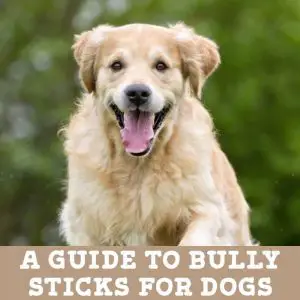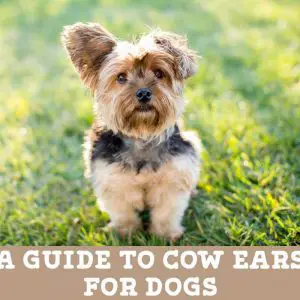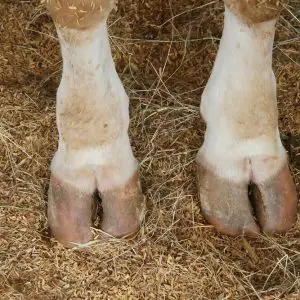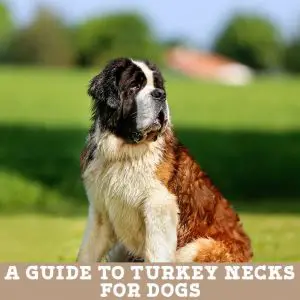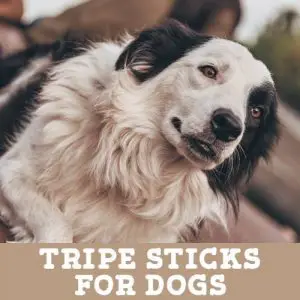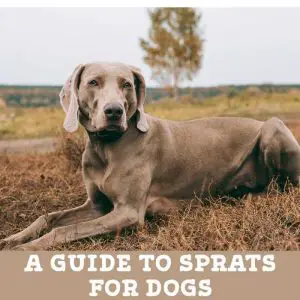Have you ever longed for a natural treat which doesn’t add calories to your dog’s waist? Or do you have a dog who is endlessly wanting to chew your shoes and furniture and you want to redirect his chewing habits onto something else? Are you looking for a treat which also has added health benefits to it?
Deer antlers for dogs may be what you’re looking for!
In this article we will explore what deer antlers are, their benefits and their risks, as well as answer some common questions about them. So, keep reading to find out all you need to know about this marvellous treat.
Key facts
Always supervise your dog when he has an antler.
Choose the right size – not one that is too small for your dog to swallow, yet not so large that they cannot chew on it easily.
Remove the antler if he is becoming too aggressive with his gnawing to avoid dental fractures.
Throw away the antler when it has worn down to a small size which your dog can fit entirely in his mouth.
What are Deer Antlers?
Antlers are unique to the deer family, and grow on more than sixty kinds of male deer. They are made up of a bone-like substance, which originates as cartilage and slowly mineralises. Antlers are shed every year, and a whole new one grows for the breeding season. During that time, they are very soft, flowing with blood and covered in a soft layer called velvet. Towards the end of their growth, the blood flow stops and the antler mineralises, ready to impress females and fight off competing males.
Antlers are commonly confused with horns, but horns and antlers are very different structures. Horns can be found on both males and females, unlike antlers which are typically only on males. Horns have a core of bone, covered in a layer of keratin, much like our fingernails, and are permanent structures which don’t shed.
Even though antlers are naturally shed annually, most that are used for dog treats are by-products of the hunting industry. This way none of the hunted animal goes to waste. Anyway, most dogs prefer fresh deer antlers, rather than ones which have been drying out in the sun for weeks before they are harvested.
Once harvested, the antlers are cut down to size and the sharp points are removed or sanded down. They are then blanched to sanitise them. (Bone products should never be fully boiled as it can make them brittle). That’s all the processing which is done, so they are truly natural products!
So, are the antlers from different deer all the same? Not at all. Some antlers from deer such as fallow or red deer, are relatively hard and better suited for bigger dogs and more intense chewers.
Elk Antlers for Dogs
Elk antlers are relatively soft, and good for the occasional chewer or smaller dog.
Reindeer Antlers for Dogs
You can also buy reindeer antlers, which are very similar to deer antlers, apart from the fact that they can also be harvested from females as well as males.
Benefits of Deer Antlers for Dogs
Antlers are made up of mainly calcium and phosphorus, but also includes other vital minerals such as potassium, magnesium, iron, sulphur and zinc. These minerals are vital for keeping bones and muscles strong.
The main health benefit of deer antlers though, is their use in aiding in dental care for your dog. Gnawing helps to remove plaque on the teeth, and keep them clean. Most dental treats on the market are either full of calories, or brittle and can break off in your dog’s mouth. Deer antlers are neither of these, and an excellent solution to helping your dog maintain a healthy mouth.
Disadvantages & Risks of Deer Antlers for Dogs
Not For Aggressive Chewers
Antlers are very hard, which might imply they are a great treat for dogs that chew aggressively. However, really aggressive chewing could invite a tooth fracture. For all other dogs deer antlers are a very safe treat.
Even though antlers may seem like a wonder treat, they come with their risks. As antlers are very hard, if your dog is particularly aggressive when it comes to chewing, he will be at risk of fracturing his teeth. This can cause pulp to become exposed and a very painful scenario. To minimise the chances of this happening, you should always supervise your dog when he is gnawing on a deer antler.
The other concern is the risk of choking on or swallowing the antler, which could cause a life-threatening obstruction. Luckily, antlers do not break off in pieces or shatter like bones do, and so this is only a real issue when the antler has been worn down to a small-sized piece which could be swallowed. As a rule of thumb, if your dog can easily fit it entirely in his mouth, then it is too small. In this case, when the antler has become that small, it should be thrown away.
Deer Antlers for Puppies
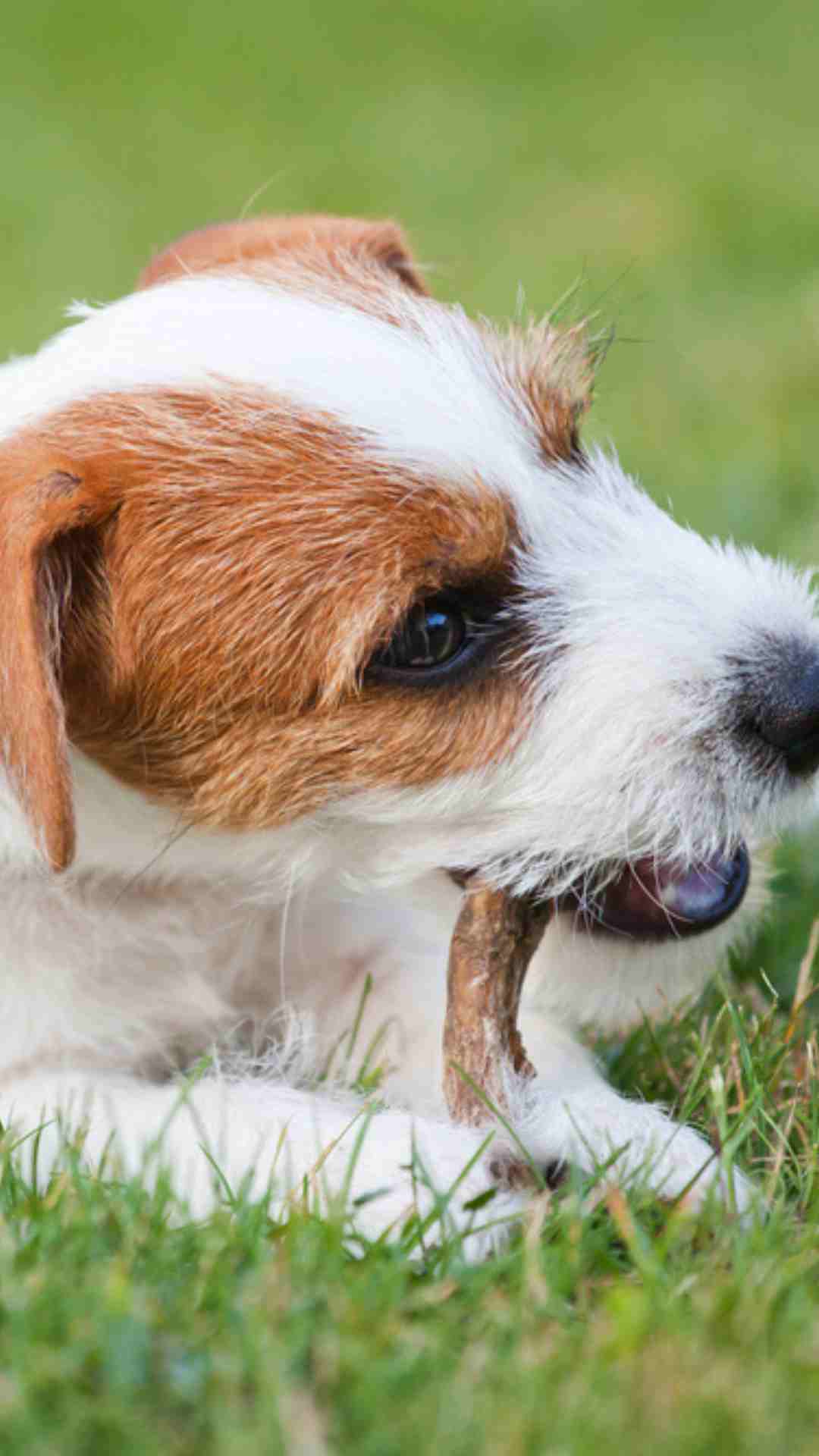
Deer antlers are good treats for puppies, especially when they are teething to relieve the discomfort of their adult teeth coming through. They must be provided with caution though, as puppies are more at risk of swallowing objects. Therefore, make sure you select a large enough size which cannot be swallowed, yet small enough for your puppy to still chew it effectively.
What to Do If Your Dog Doesn’t Seem to Like Antlers?
Since deer antlers are neither smelly or greasy, they may not be as appealing as other treats to your dog. However, if your dog doesn’t seem to like them, try purchasing a deer antler which has been halved lengthways. This way, the softer centre is exposed, which makes it easier for your dog to get to the tastier section. Some people also recommend sanding an area of it, or wetting it under the tap, to increase its appeal.
Alternatives to Deer Antlers
Not all dogs will go mad for deer antlers, so here’s a few alternative options if that’s the case:
Dental Chews
These usually come in the form of sticks, which help remove the plaque from the teeth as they are bitten through. They are excellent for the purpose of improving your dog’s teeth, but in comparison to deer antlers, they are not as long lasting and are full of calories.
Knuckle Bones
These are a popular natural dog treat, which your dog can gnaw on to entertain them and keep their teeth healthy, however they are far less safe than antlers as they can splinter and break off in chunks, leading to foreign body obstructions and gastrointestinal damage.
Cow Hooves
These have fallen out of favour with many dog owners now, after being all the rage. They are very similar to antlers in the facts that they are great for teeth, are natural, have few calories and don’t smell too much, but the main difference is that they can easily splinter and cause puncture wounds in the mouth and gastrointestinal tract.
Horns
There are a variety of different types of horns on the market for dogs, ranging from buffalo horns, to bull horns and even sheep horns. They are nutrient rich, have zero additives, and dogs love their taste. They have the same safety concerns as antlers, that they can cause tooth breakages and a risk of being swallowed when smaller, but with supervision, they can make great alternatives to antlers.
Rawhide Chews
If you go into any pet store, you are certain to find rawhide chews on the shelves. They are brilliant for keeping your dog entertained, but they can pose some major risks. Rawhide does not digest in the stomach, and so obstructions are very common if your dog has the opportunity to swallow a piece.
FAQs
Deer antlers are packed full of minerals and, unlike many other dog treats, contain no calories. Deer antlers are an excellent treat for promoting good dental health and they last a long time. Despite a few small risks, they are definitely good for dogs in the right circumstances.
Broadly speaking, yes deer antlers are safe for dogs but there are a couple of risks. Aggressive chewers risk fracturing their teeth, especially on very hard deer antlers. And when a deer antler is worn down to be really small, it can create a risk of choking or obstruction, so these small pieces should always be removed.
The worry with most natural treats is whether they are going to be smelly or greasy, and unpleasant to have around the house. The wonderful thing about antlers is that they are none of these. Antlers have a shelf life of up to three years, and have no smell or greasiness to them. The exception is, if your dog has been chewing on it for a while, his saliva may start to make it smell over time.
Deer antlers are safe for most dog’s teeth. However, if your dog is an aggressive chewer then there is a risk of tooth fracture.



